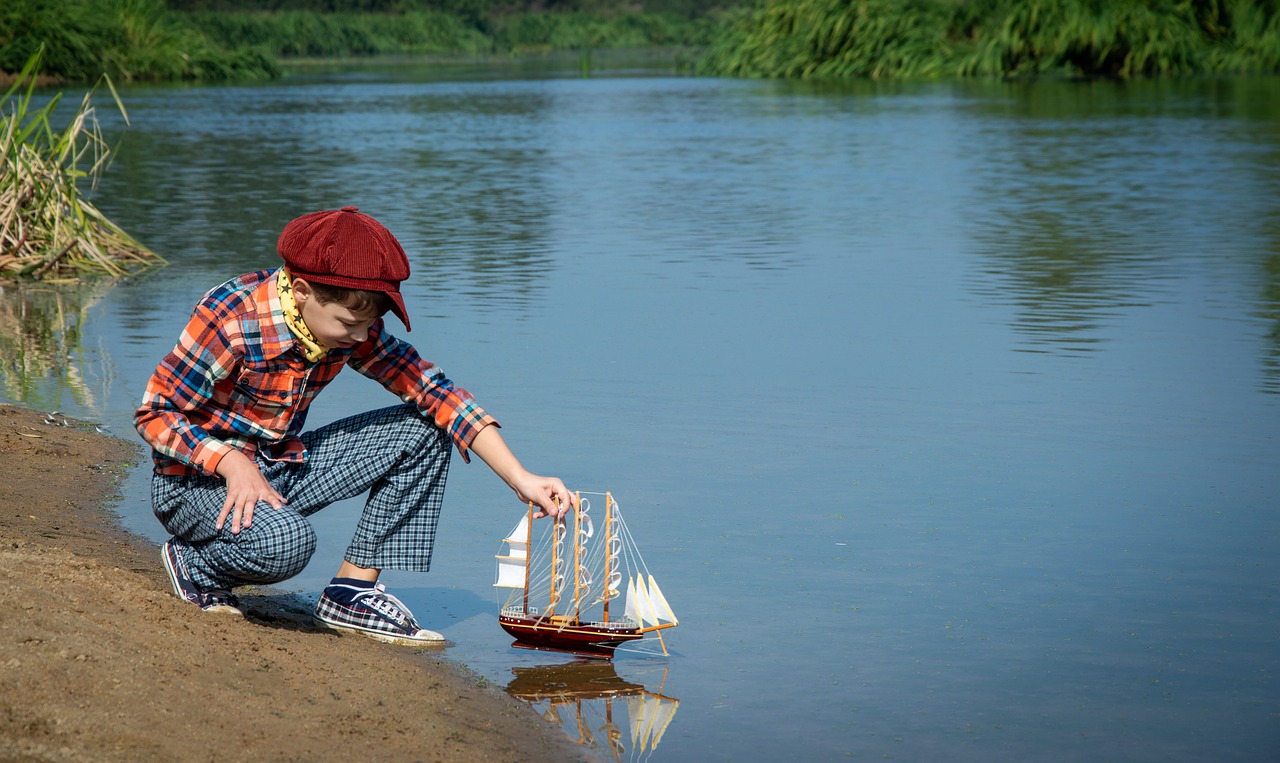The Impact of Sustainable Fisheries Management on Coastal Communities Hosting Cricket Matches: 11xplay pro login, Tigerexch247 live, Betbook.com
11xplay pro login, tigerexch247 live, betbook.com: Sustainable fisheries management plays a vital role in supporting coastal communities around the world, not only in terms of environmental conservation but also in terms of socio-economic benefits. One of the lesser-known impacts of sustainable fisheries management is its influence on coastal communities hosting cricket matches.
Cricket is a popular sport in many coastal regions, with communities coming together to enjoy matches and tournaments. The sport often serves as a form of entertainment and social cohesion, bringing people together and fostering a sense of community spirit. However, the sustainability of fisheries in these regions can have a significant impact on the communities hosting cricket matches.
1. Economic Benefits: Sustainable fisheries management ensures that fish stocks are maintained at healthy levels, which in turn supports the local fishing industry. A thriving fishing industry creates economic opportunities for the community, providing jobs and income for local residents. This economic stability can trickle down to support other sectors, including sports and recreation, such as cricket matches.
2. Food Security: Sustainable fisheries management helps to ensure a stable and secure supply of fish for local communities. Fish is an important source of protein and essential nutrients, particularly in coastal regions where it is a staple food. By maintaining healthy fish stocks, sustainable fisheries management helps to safeguard food security for these communities, ensuring that they have access to nutritious and sustainable seafood for their diets.
3. Environmental Conservation: Sustainable fisheries management practices help to protect marine ecosystems and biodiversity. By regulating fishing activities and enforcing quotas, sustainable fisheries management aims to prevent overfishing and minimize the impacts of fishing on the environment. Healthy marine ecosystems support a diverse range of marine life, including the fish species that are essential for the livelihoods of coastal communities.
4. Community Resilience: Sustainable fisheries management contributes to the resilience of coastal communities in the face of environmental challenges, such as climate change and pollution. By promoting sustainable fishing practices, fisheries management helps to build resilience against these threats, ensuring that coastal communities can continue to rely on healthy fish stocks for their well-being.
5. Social Well-being: Sustainable fisheries management fosters a sense of responsibility and stewardship among local communities towards their marine resources. By engaging in sustainable fishing practices, communities can contribute to the long-term health of their fisheries and ensure that future generations can also benefit from these resources. This sense of connection to the marine environment can enhance social well-being and create a sense of pride and identity within the community.
In conclusion, sustainable fisheries management has a positive impact on coastal communities hosting cricket matches by supporting economic development, promoting food security, conserving the environment, building community resilience, and enhancing social well-being. By ensuring the sustainable management of marine resources, coastal communities can continue to enjoy the benefits of both their fisheries and their favorite pastime of cricket.
FAQs:
Q: How does sustainable fisheries management benefit the local economy?
A: Sustainable fisheries management creates economic opportunities by supporting the local fishing industry and providing jobs and income for residents.
Q: What is the role of community involvement in sustainable fisheries management?
A: Community involvement is essential in promoting sustainable fisheries management practices and building a sense of responsibility towards marine resources.
Q: How does sustainable fisheries management contribute to environmental conservation?
A: Sustainable fisheries management helps to protect marine ecosystems and biodiversity by regulating fishing activities and preventing overfishing.
Q: What are some of the challenges faced by coastal communities in implementing sustainable fisheries management?
A: Coastal communities may face challenges such as limited resources, lack of enforcement capacity, and competing interests in implementing sustainable fisheries management practices.







